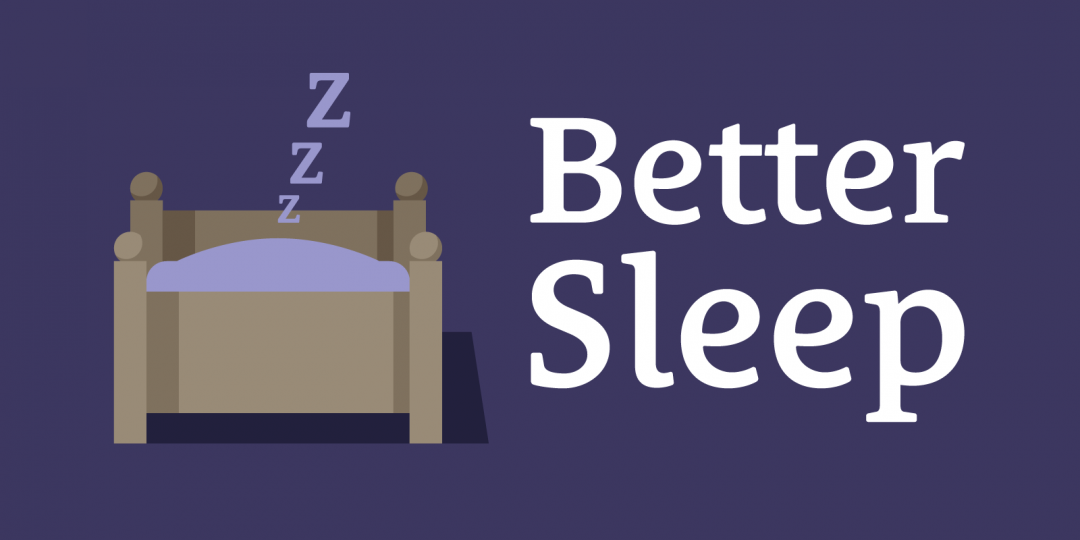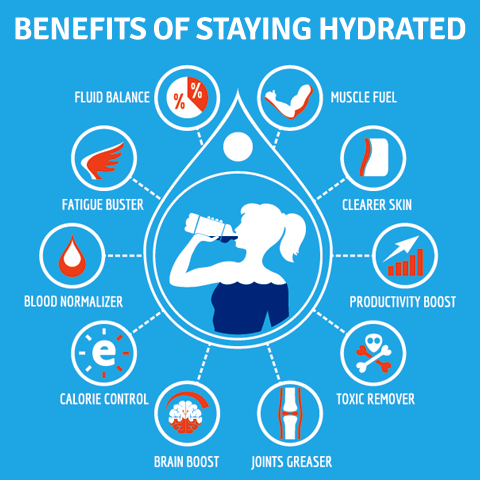How to Get Better Sleep Naturally
Sleep is essential for our overall health and well-being. When we don’t get enough quality sleep, it can have a negative impact on our physical and mental health, as well as our daily performance. While there are various sleep aids available, it’s always best to try natural methods first. Here are some tips to help you get better sleep naturally:
Establish a Regular Sleep Schedule
One of the keys to better sleep is establishing a regular sleep schedule. Try to go to bed and wake up at the same time every day, even on weekends. This helps regulate your body’s internal clock and trains it to expect sleep at a certain time. Stick to your schedule as much as possible for the best results.
Create a Calming Bedtime Routine
Developing a bedtime routine that helps you relax and prepare for sleep is vital for better sleep quality. Consider activities such as reading a book, taking a warm bath, or practicing gentle stretching or yoga. Avoid stimulating activities like watching TV or using electronic devices that emit blue light, as these can interfere with your sleep cycle.
Create a Sleep-Friendly Environment
Your sleep environment plays a crucial role in the quality of your sleep. Make sure your bedroom is cool, quiet, and dark. Consider investing in light-blocking curtains or wearing an eye mask to block out any unwanted light. Use earplugs, a white noise machine, or a fan to drown out any disruptive noises in your environment.
Choose a Comfortable Mattress and Pillow
Having a comfortable mattress and pillow is essential for a good night’s sleep. If your mattress is old and saggy, it might be time to invest in a new one. Take the time to find a mattress that provides the right level of support for your body. Similarly, choose a pillow that suits your sleeping position and offers adequate neck support.
Avoid Stimulants and Heavy Meals
What you eat and drink can significantly impact your sleep quality. Avoid consuming stimulants like caffeine and nicotine close to bedtime, as they can interfere with your ability to fall asleep. Additionally, try to avoid heavy meals, especially right before bed, as they can cause discomfort and indigestion, making it harder to sleep.
Limit Exposure to Light Before Bedtime
Exposure to bright light, especially blue light emitted by electronic devices, can disrupt your sleep patterns. Try to limit your exposure to screens at least an hour before going to bed. If you must use electronic devices, enable the “Night Shift” mode or install apps that filter out blue light to minimize its impact on your sleep.
Exercise Regularly
Regular physical exercise during the day can promote better sleep at night. Engaging in moderate-intensity aerobic activities like walking, jogging, or cycling can help regulate your sleep-wake cycle. However, avoid exercising too close to bedtime as it can increase alertness and make it difficult to fall asleep.
Manage Stress Levels
Stress and anxiety are common culprits of sleeplessness. Finding effective ways to manage stress is crucial for better sleep. Explore stress-relief techniques like meditation, deep breathing exercises, or journaling. Prioritize self-care activities and ensure you have time to unwind before bed to promote a more restful sleep.
Avoid Napping Late in the Day
Napping can be beneficial for some people, but it’s important to time your naps correctly. Avoid taking naps too late in the day, as it can interfere with your ability to fall asleep at night. If you feel the need to nap, limit it to a short power nap of 20-30 minutes earlier in the day.
Consult a Healthcare Professional
If you’ve tried various natural methods and are still struggling with sleep, it may be time to consult a healthcare professional. They can help identify any underlying sleep disorders or recommend further strategies to improve your sleep quality.
Getting better sleep naturally is possible with the right habits and practices. By following these tips and making sleep a priority, you can establish healthy sleep patterns that will contribute to your overall well-being.


